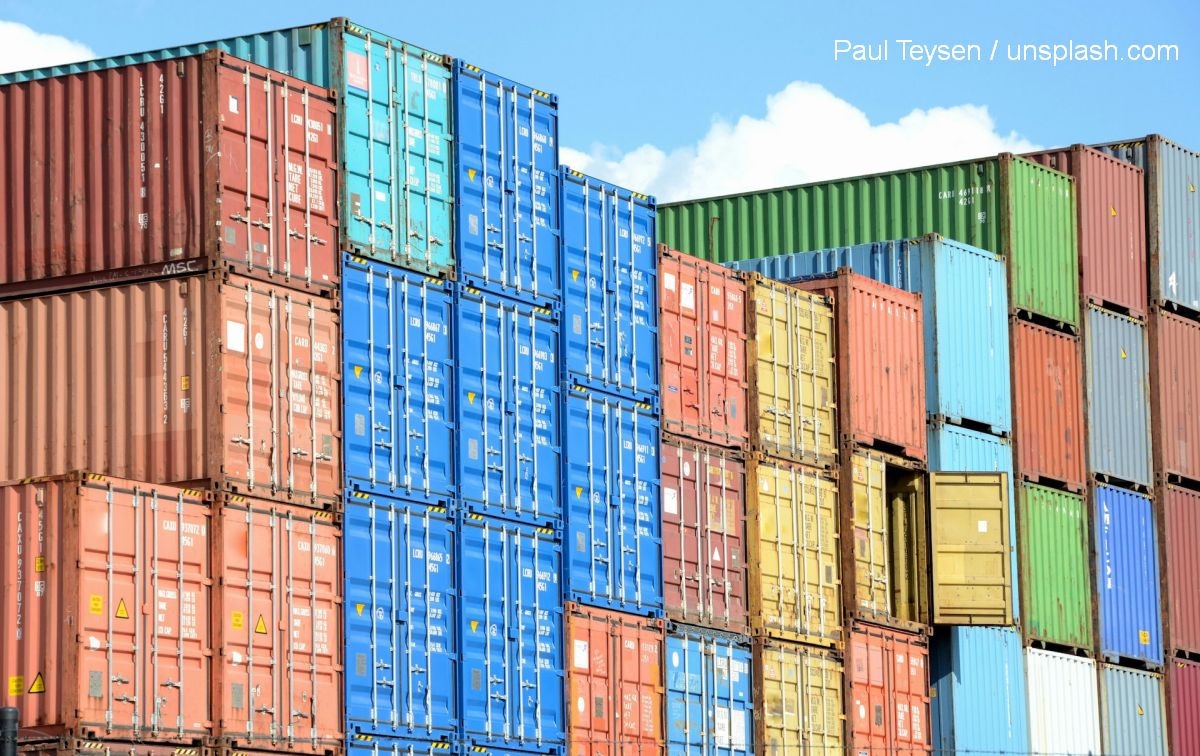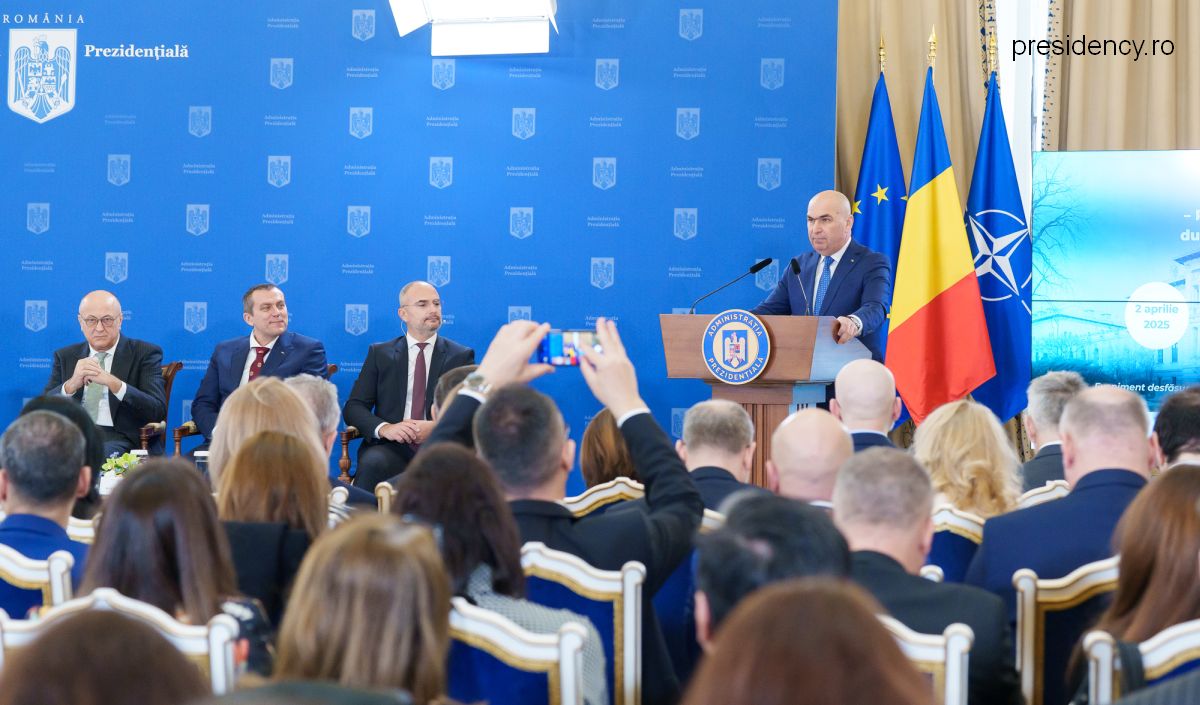Romania rejects the idea of a multi-speed Europe
Romania is a critic of the idea of a multi-speed Europe, a position president Klaus Iohannis reiterated at the congress of the European Peoples Party held in Malta, the country currently holding the EU rotating presidency
Warning: Trying to access array offset on null in /home/web/rri.ro/public/wp-content/themes/rri/template-parts/content.php on line 53

Warning: Trying to access array offset on null in /home/web/rri.ro/public/wp-content/themes/rri/template-parts/content.php on line 98
Florentin Căpitănescu,
31.03.2017, 13:30
First put forward some time ago, the idea of a multi-speed Europe resurfaced more recently during talks on the future of the European Union following the UK’s leaving the bloc. The President of the European Commission Jean-Claude Juncker included it among the five possible post-Brexit scenarios in a White Paper on the future of the EU presented at the beginning of March. Since then, the idea has been intensely debated among member countries, whose leaders are split between fervent promoters, cautious observers and tenacious opponents.
Promoted by some member states, like France and Germany, and rejected by others, in particular the countries in central and eastern Europe, the concept of a multi-speed Europe has dominated the congress of the European People’s Party held in Malta’s capital, Valetta. The Romanian President Klaus Iohannis, who attended the congress, said his country is opposed to a multi-speed Europe, which may lead to growing social and economic divisions between member states.
In his address, Iohannis said Europe is now at a crossroads, facing complex crises of unprecedented intensity. He said terrorist attacks, migration, nationalism, populism, Brexit, and, above all, the escalation of euroscepticism have become major challenges. Under the circumstances, it is better to identify solutions rather than give up a project that has ensured harmony and cooperation on the continent for so many decades, said President Iohannis. He also reiterated the fact that Romania is in favour of a strong partnership with the UK post-Brexit.
Klaus Iohannis: “We want to hold talks that will guarantee the Romanian nationals living and working in Britain their rights. We also want to maintain a strong Strategic Partnership with Britain. We want to continue working together as far as the security policy is concerned. These aspects are important for us and, from the talks we’ve had, and I can tell you we’ve had a lot of talks, both formal and informal, with important leaders, things are moving into a good direction.”
It is extremely important for the negotiations, both those on Britain’s leaving the EU and those on reaching a post-Brexit deal, to have decent and sustainable results, President Iohannis also said.(Translated by C. Mateescu, edited by D. Vijeu)






























